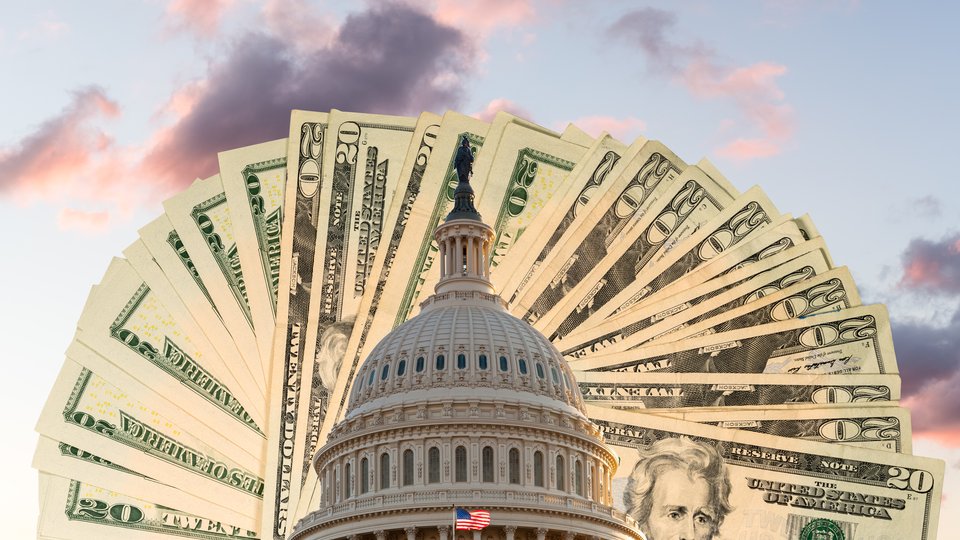Bank / Credit Union
Banking regulators, lawmakers meet on COVID-19 lending programs

May 13, 2020
The Senate Banking committee held its first remote hearing since the pandemic began and emphasized to members of the Federal Reserve, Federal Deposit Insurance Corp., Office of the Comptroller of the Currency and National Credit Union Administration the need for not just support, but timely review of financial initiatives for businesses impacted by the COVID-19 crisis. The committee stressed, in a report by Law360, that due to the economic impact, some non-profits, communities and businesses could be left without financial support.
A major issue for discussion was the Small Business Administration's Paycheck Protection Program, that despite approving over $500 billion in PPP loans, received criticism that minority-owned businesses struggled to access to the program. Senator Bob Menendez faulted regulators at the hearing for not directing PPP lenders to be compliant with fair lending laws.
"The Center for Responsible Lending estimates that 95% of black-owned businesses and 91% of Latino-owned businesses are unlikely to receive PPP loans," said Menendez during the meeting. "That's just an absolute failure that I think regulators should be at the very forefront of making sure there is very clear guidance as to when we expect fair lending to take place."
The PPP is just one of several emergency lending efforts that came out of the Coronavirus Aid, Relief, and Economic Security Act, which encouraged additional programs including the Federal Reserve's Main Street Lending Program to provide financing support for struggling mid-sized companies and the Municipal Liquidity Facility for state and local governments needing funding.
Despite the programs being announced over a month ago, the fact they are still not up and running has both democratic and republican senators frustrated.
Randal Quarles, the Federal Reserve's vice chair for supervision explained to the committee that putting the programs in action is the Fed's "top priority" right and is expected to move "quite, quite quickly."
Both Fed programs have been expanded considerably since they were initially announced in early April, but senators argued that there are still gaps in the programs that may need to be addressed before they can be initiated. Arguments were made that some businesses are too big to qualify for the PPP but don't qualify for the MSLP. There is also the question of hospitals and non-profits that need financial assistance, but the metrics developed for the PPP don't translate for non-profits.
Discussions in the committee indicated the Fed is working with the U.S. Department of the Treasury to determine how to provide emergency funding through the Fed's facilities for these organizations.
 ChatGPT
ChatGPT Grok
Grok Perplexity
Perplexity Claude
Claude












